While pursuing higher education, Pauli Murray encountered racism and sexism—unfortunately, common types of discrimination of the 1930s. After graduating from Hunter College in New York City, she was denied admission to the University of North Carolina’s law school because she was African American, and was turned down by Harvard University because she was a woman.
These experiences with prejudice led Murray to become active in civil rights and women’s rights movements, and spurred her participation in many sit-ins and other forms of protests.
Early Career and Activism
After receiving law degrees from Howard University and University of California, Pauli Murray worked as a deputy attorney general of California during the 1940s. She spent time in private practice before pursuing a doctorate in law at Yale University in 1960s. When she finished her doctorate in 1965, Murray became the first African American to be awarded a J.D.S. degree from the university.
Along with such leading feminists as Betty Friedan, in 1966, Murray became a founding member of a new group that addressed issues of gender equality and women’s rights: the National Organization for Women. In addition to her work as a social activist, Pauli Murray taught at numerous colleges and universities, including the University of Ghana, and served as president of Benedict College in the 1960s.
During the 1970s, she decided to challenge sexual discrimination in the Episcopal Church by entering the priesthood. Murray earned a master’s degree in divinity from Yale in 1976, and she made history the next year when she was officially ordained. She served in churches in Washington, D.C., Baltimore and Pittsburgh until her retirement in 1984.







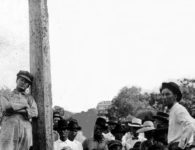

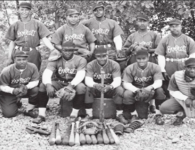

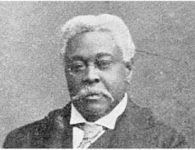
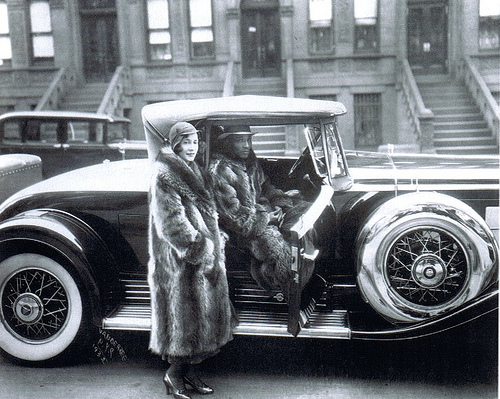

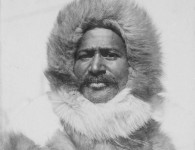
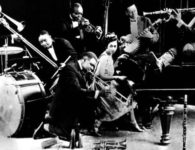
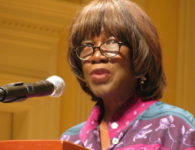
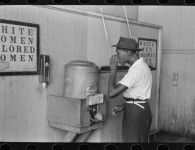
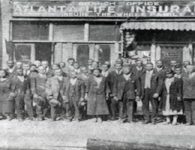


No comments